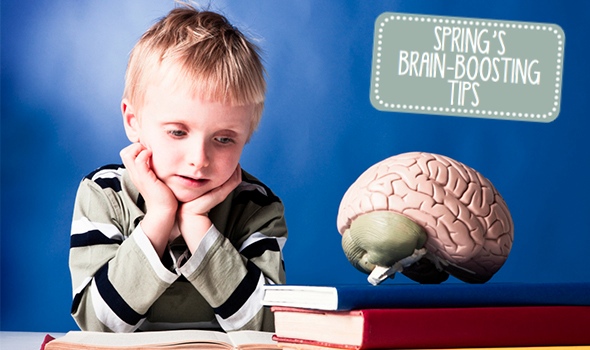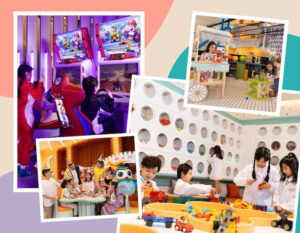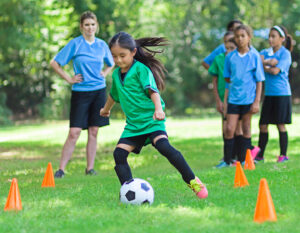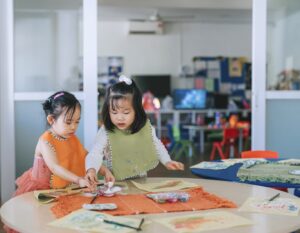
We all have one but no two are alike. Yes, we’re talking about brains! They share similar structure and functions, but no two store information in the same way. We need to keep this in mind as we raise our little ones, and take a step back from flash cards, classical music and pram-time.
At birth, the human brain contains approximately 100 billion neurons, but these cannot do much for us until they communicate with each other in meaningful ways.
As our children grow up they get loads of stimulation from their environment and this helps create new connections in their brains, as well as strengthen existing connections by practicing the same things over and over again. Our brains do a lot of this themselves, but not without proper stimulation and care.
As a child’s brain develops, it has optimal periods for the development of vision, auditory, cognitive, sensory, motor and linguistic functions. A lack of appropriate stimulation for these particular parts of the brain may cause a knock-on effect, limiting the breadth of skills and abilities that can be built upon subsequently. So you can see how important it is to not only support our children’s learning during the first five years of life, but to also capitalise on their innate curiosity and desire to discover all that is unknown to them.
Parents should not only be at the ready to encourage this, but also happy to stand back a bit and enjoy the show! A great many arguments can be avoided during toddlerhood if parents are willing and able to provide kids with ample multi-sensory opportunities to discover themselves, their environment and their peers, and then stand back and allow them to do so, (keeping safety in mind).
So what can you do as a parent?
- It may seem obvious, but touch your child. The first sensory experiences come from parental closeness, and the more the better, as touch helps to develop this area of the brain quickly, allowing them to move on to other senses.
- Speak with, and read to your child. Language cannot develop in the absence of modelling, and your child’s first experience of language should ideally come from you.
- Smile at every chance you get as our emotional development starts at home. If a child does not develop emotionally at home, they are much less likely to develop good social skills, and these are much more difficult to catch up on in later life.
- Play with your child. We may have forgotten what it is like to really play, but the earlier you introduce this concept into your child’s life, the easier their transition from parallel play to cooperative play will be around the age of three.
There is a great deal that goes into raising a child, but being aware of the areas in which your child will most benefit, and supporting them at every chance you get is likely to be the best start in the lifelong task of helping your little one to reach their potential.
In partnership with Brain Awareness Week SPRING is hosting an information session for families (parents or caregivers, and children aged 3 and up).
Time: 3:30pm – 4:30pm
Date: Thursday 21 March, 2013
Venue: SPRING centre, 3/F, Centre Point, 181-185 Gloucester Road, Wan Chai, Hong Kong.
Cost: Free!
Capacity: 35 adults and children.
Scarlett Mattoli
MSc, MBPsS, MAC
Chief Advisor for SPRING
Scarlett Mattoli, founder of psychology consultancy Psynamo Limited, offers advisory services on issues surrounding normal development and learning differences of children.
 View All
View All










 View All
View All




 View All
View All


 View All
View All











